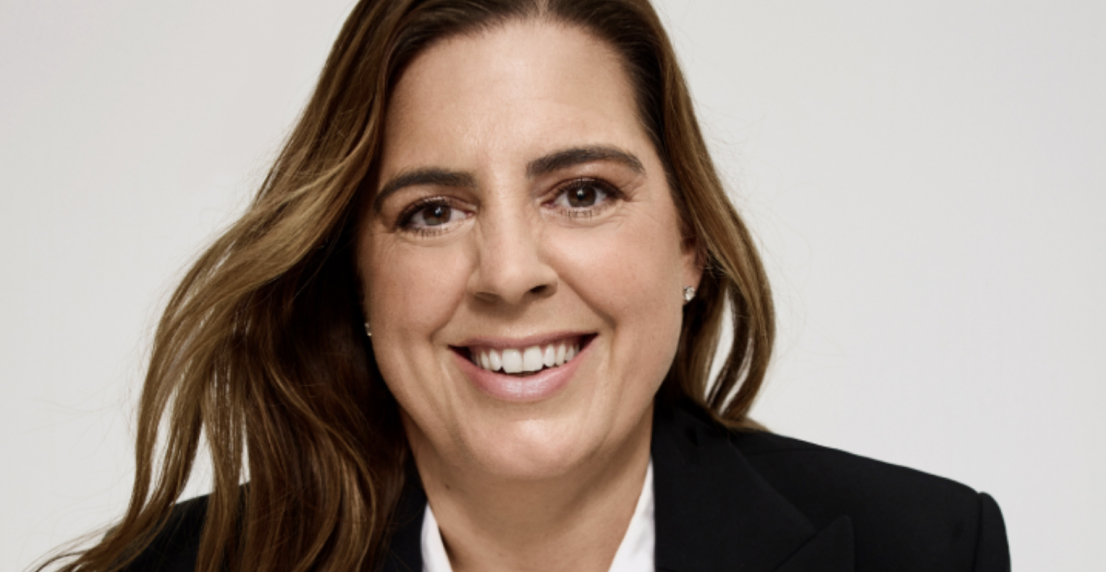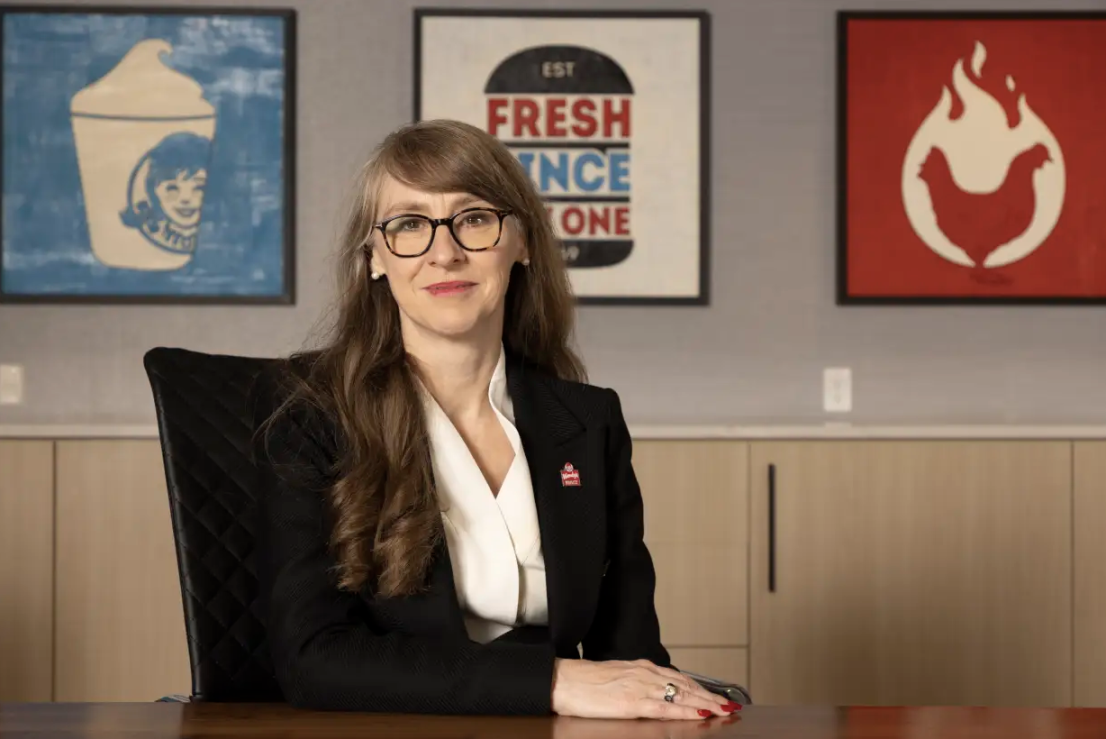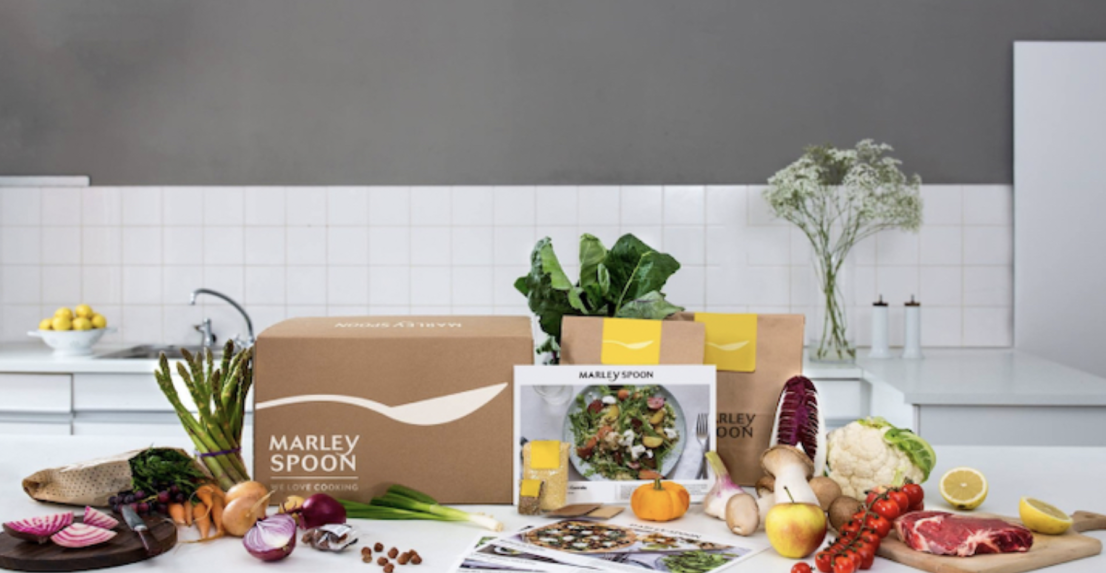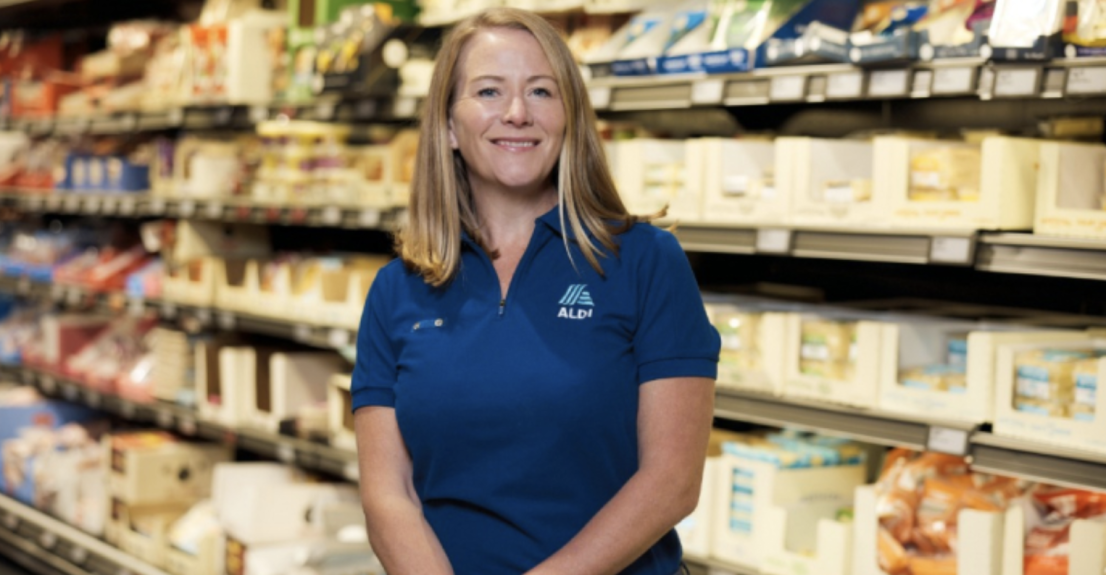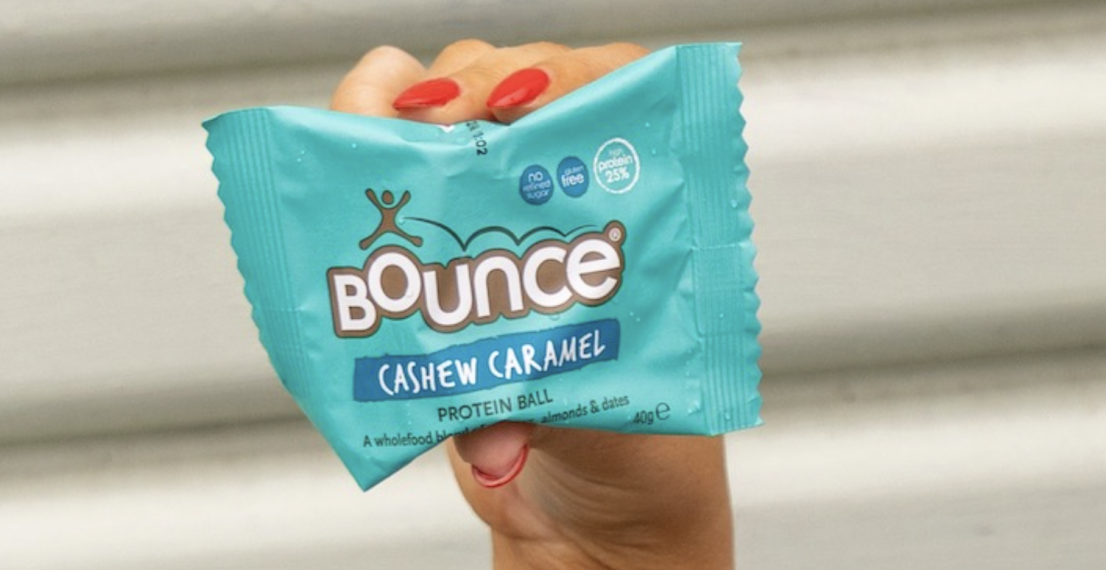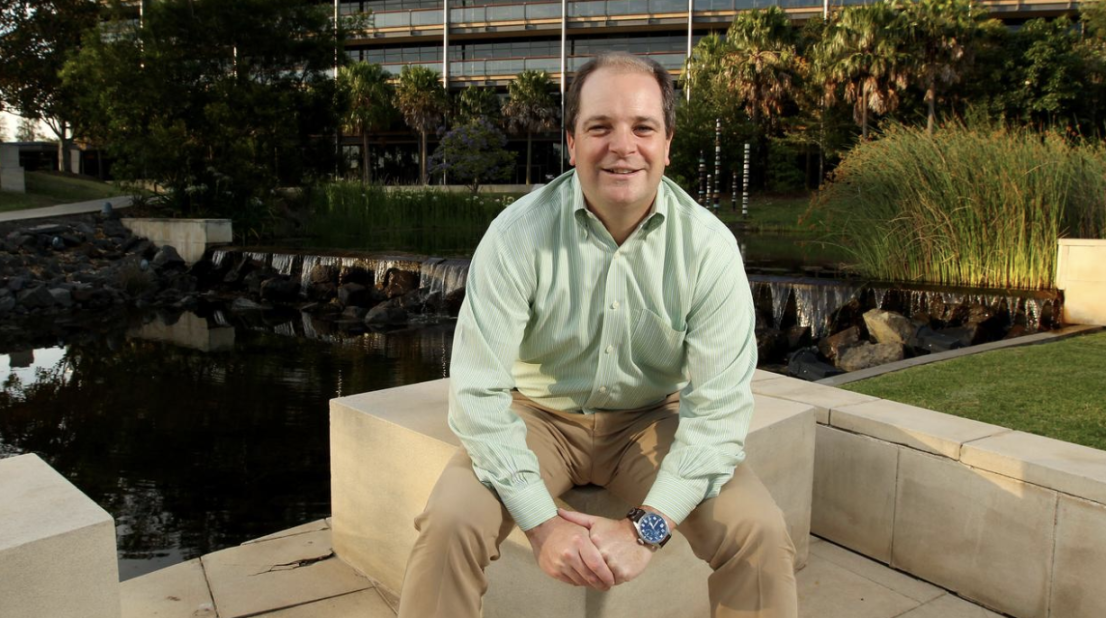
ResMed’s decision a year ago to stockpile components to beat a pandemic-fuelled supply chain crunch allowed the company to keep up with demand for its sleep apnea machines but it has come at a cost.
Chief executive Mick Farrell says the company’s profitability is not where many analysts expect – even 12 months later.
“In the heat of the supply chain crisis, I just couldn’t get availability of semiconductors from the traditional suppliers and we were redesigning our products. We did all that,” Mr Farrell said.
“But then we bought components at a tough time and supply was tough, so we paid quite high prices. Freight rates 12 months ago were high, so all that inventory is now working its way through to our sold products … and when we sell them, we take the cost of what we purchased at.
“Twelve months ago, everyone said that was fantastic – freight rates are high, doesn’t matter, just take care of the patients. Now, they’re saying ‘but wait a second why isn’t profitability not where I want?” Well that’s why.”
ResMed’s revenue soared 23 per cent to $US1.1bn ($1.68bn) in the three months to June 30 as pandemic-induced challenges slipped further into the rear view mirror. But the result was slightly below analysts’ expectations.
The price of the company’s ASX-listed chess depositary interests fell 9.4 per cent to $30.67 on Friday, against a 0.2 per cent rise across the broader sharemarket.
Mr Farrell said “unconstrained availability of our market leading cloud connected flow generated platforms” had allowed the company to meet demand in its key global markets, with the exception of its latest product AirSense 11.
“We are ramping up and improving the availability of our best in class AirSense11 platform, which will gain further geographic regulatory approvals throughout the fiscal year and steadily increasing supply also throughout the fiscal year 2024 and beyond,” he said.
“Although challenges within the post-Covid supply chain haven‘t completely been mitigated yet, we expect ongoing steady improvement in component and end product supply in the quarters ahead.
For the full financial year, revenue surged 18 per cent to $US4.2bn, compared with analyst estimates of $US4.2bn. Meanwhile net profit vaulted 15 per cent to $US897.6m.
Wilson analyst Shane Storey said the company didn’t deliver the earnings beat that was expected. “Fourth results were broadly in line with our forecasts but 5 per cent below expectations in the US market hence the 9 per cent sell-off we see there in the aftermarket,” Dr Storey wrote in a note to investors.
“Investors should take advantage of this sell-off, following 4Q23 results. We are seeing another round of short-termism on the stock, bemoaning the gross margin impact of success.”
The company’s shares, which are also listed on the New York Stock Exchange, slumped from $221.23 to as low a $US199 in US trading before settling to $US219.95.
“We’d received feedback that AS11 (AirSense 11) ordering had improved in recent weeks but device supply may stay on an allocation basis for the next few quarters,” Dr Storey said.
“US device sales grew 25 per cent and this outperformance continued to weigh on GM (gross margin) mix, as did securing componentry for a planned AS11 acceleration.
“Competitive dynamics continue to weigh in ResMed’s favour, but the risk of things suddenly changing – Philips re-entry … remain a dampener on sentiment until AS11 remobilisation is realised.”
In January last year, Mr Farrell said the pandemic-induced supply chain crunch was limiting a windfall of up to $US350m that the company expected to reap from a product recall from rival Philips. Nevertheless, in August last year ResMed’s net profit surged 64 per cent as it reaped a windfall of up to $US70m from Philips’s recall.
Asked if ResMed could maintain its edge over its rival as Philips returned products to key markets, Mr Farrell believed it could.
“I think the reputation hit and the time to market is going to be a very slow progress for them, country by country.”
ResMed’s earnings per share for the year to June 30 jumped 11 per cent to $US6.44 versus analyst estimates of $US6.52.
Gross margin contracted 80 basis points to 55.8 per cent. Mr Farrell said he could “reverse engineer” the company’s margin by slowing product sales.
“But we’re not going to do that when a patient needs care,” he said.
“I will never turn down a patient if there‘s demand for a patient. We‘re going to take care of them, even if it’s a slightly lower gross margin. And by the way, it is really good gross profit dollars and we get to take that cash flow, as you saw a really strong cash flow in the quarter, and reinvest it in R&D.
“We continue to significantly grow our impact each quarter, improving over 160 million lives in the last 12 months, well on our way to helping 250 million lives in 2025.”
The company will pay a quarterly dividend of US48c per share on September 21.


